Tool Test: Get a Drill and Impact Driver for Less
These compact 12-volt tools boast big power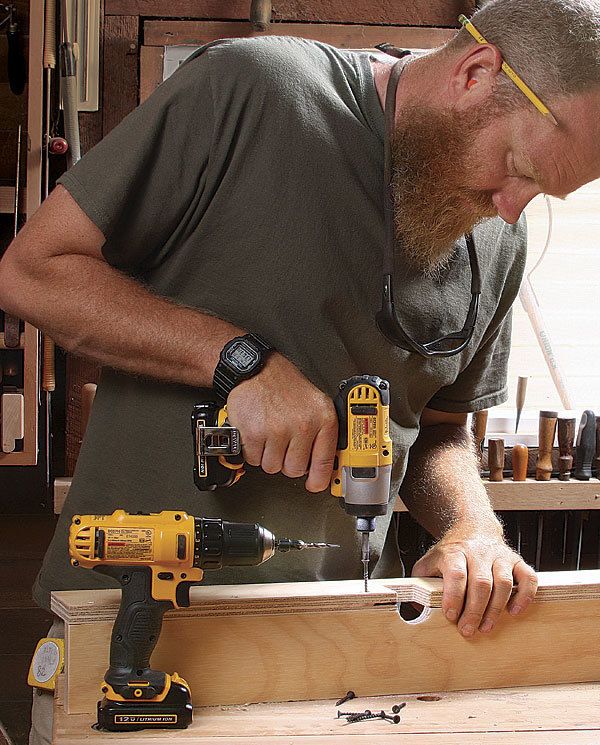
Synopsis: Finish carpenter and cabinetmaker Kit Camp reviewed compact, 12-volt drill/impact driver sets that can handle just about anything you throw at them. For a woodworking shop, these workhorses are the best buy in cordless technology. Camp devised a number of tests that he used to judge the power and endurance of both tools in the kit. In addition, he took them to job sites and used them to bore hundreds of pilot holes, drive boxes of screws, and perform any other tasks that came along.
Models tested: Bosch CLPK22-120, Craftsman, DeWalt DCK211S2, Hitachi KC10DFL, Makita LCT209W, Milwaukee M12, Milwaukee Fuel, Porter-Cable PCL212IDC-2
In case you missed it, cordless technology has changed significantly in the past few years. With the combination of lithium-ion batteries and impact action, smaller 12-volt cordless tools are capable of performing tasks that required 14.4- or even 18-volt models 10 years ago.
There are many tools that fit this 12-volt category—right-angle drills, jigsaws, multitools, flashlights, radios, and so on—more than we could test in a year. For this test we focused on the two that are most valuable in a woodshop, an impact driver and a standard drill, available as a kit with two batteries and a charger. Having both tools close at hand, one set up to drill holes and the other to drive fasteners, is a real advantage.
The batteries in this test are marketed as 12-volt, which is what they produce with a fresh charge and the drill spinning freely, but all produce 10.8 volts in actual use. Don’t worry. As you’ll see, these compact workhorses are more than capable of handling everything a woodworker will throw at them. And at prices ranging between $110 and $190 (with one big exception), these two-tool kits are the best buy in cordless.
You’ll notice one apple among the oranges. With high-tech brushless motors, bigger batteries, and a price tag significantly higher than the others, Milwaukee’s “Fuel” system doesn’t quite fit the mix. But because those batteries are still rated at 10.8 volts, we kept the Fuel tools in our test group.
The impact driver is an amazing invention. When the going gets tough, it applies a series of rotational blows to the drive shaft, creating a vibrating action that makes screws almost melt into the wood. The change in efficiency and control is almost as dramatic as the change from a hand screwdriver to a cordless drill. Whether driving tiny brass hinge screws or 3-1⁄2-in. cabinet-hanging screws, these impact drivers almost never cam out (the bit rotates out of the screw head), which is reason enough to buy one. In fact, they require almost no pressure to stay engaged, and consequently are very easy on the hands and wrists. The only disadvantage of an impact driver is the noise: Ear protection is a must.
While the drills all have a standard chuck and will use any type of bit you own, the impact drivers accept only 1⁄4-in. hex-shanked bits. You probably already have some drill and driver bits like this, but if not, they are affordable enough.
For the full article, download the PDF below.
Fine Woodworking Recommended Products
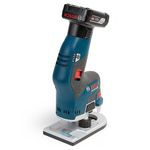
Bosch 12V Trim Router
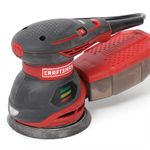
Craftsman Random Orbit Sander
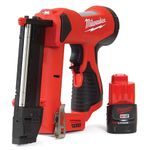
Milwaukee M12 23-Gauge Cordless Pin Nailer





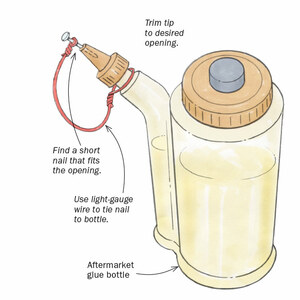
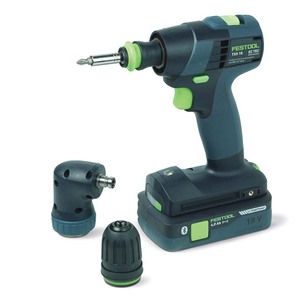



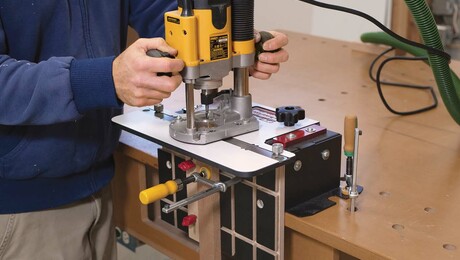
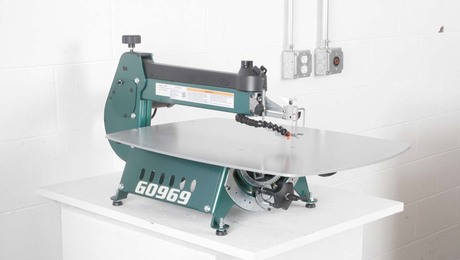

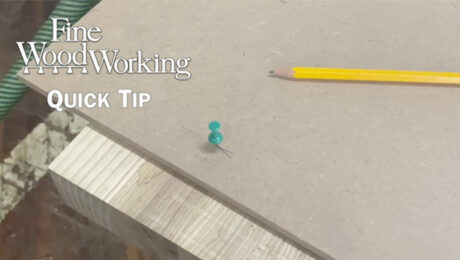








Log in or create an account to post a comment.
Sign up Log in